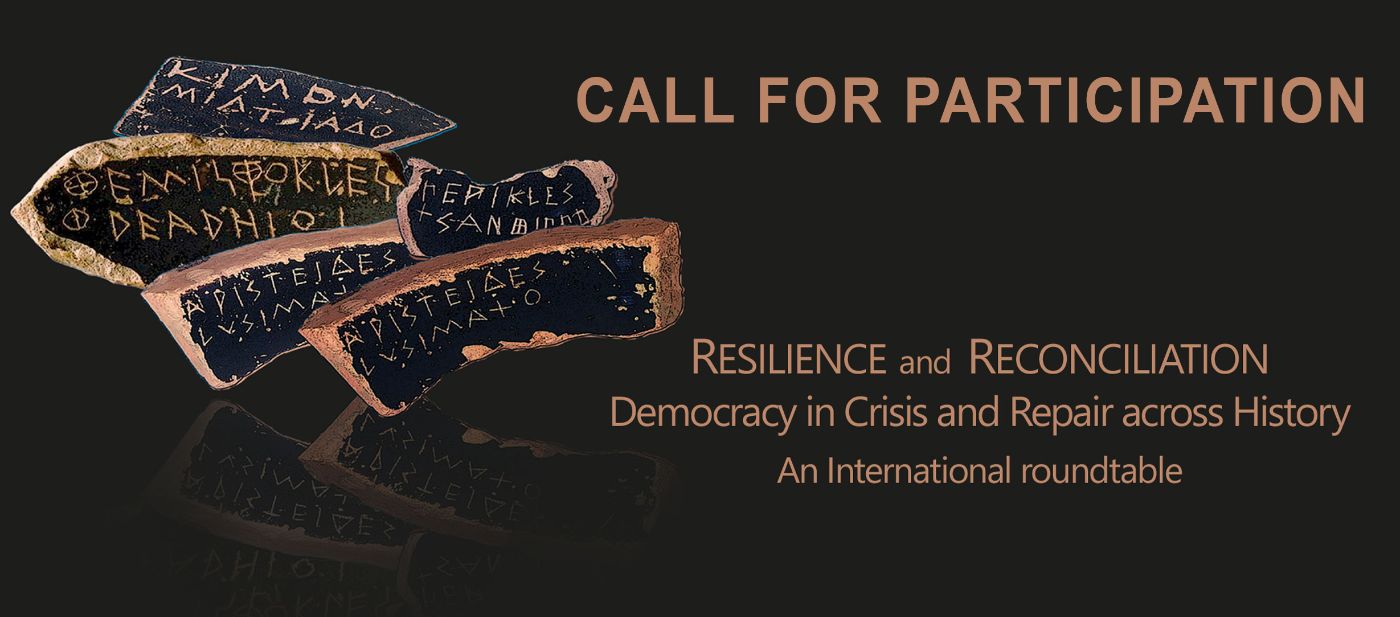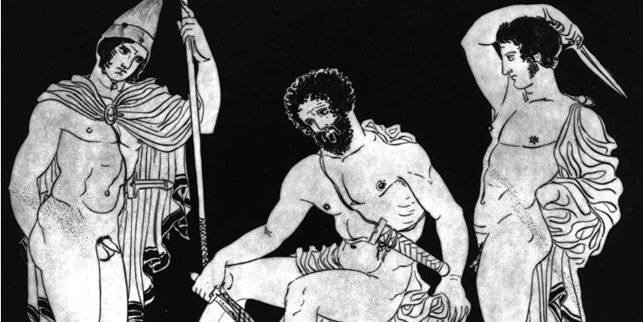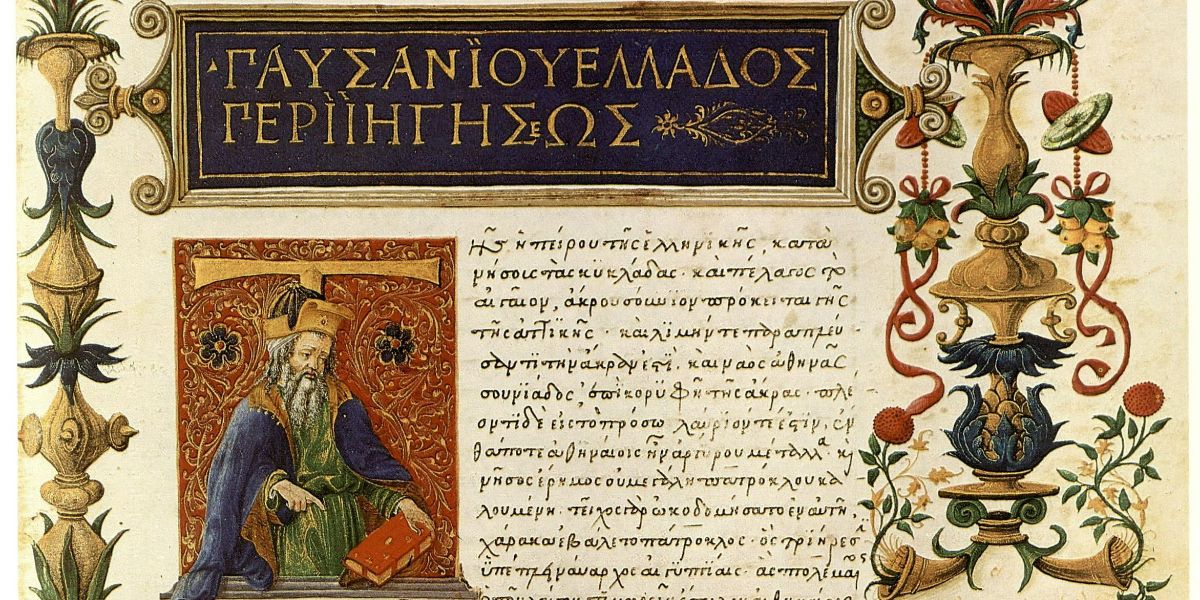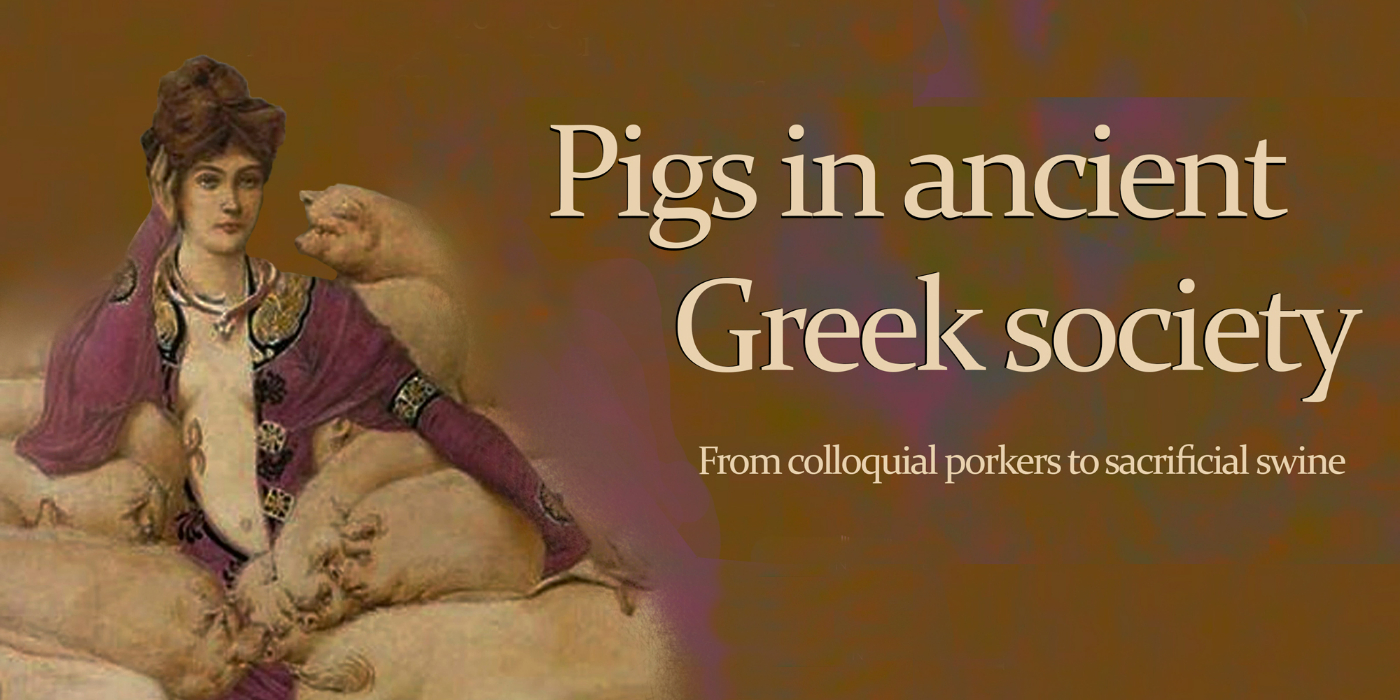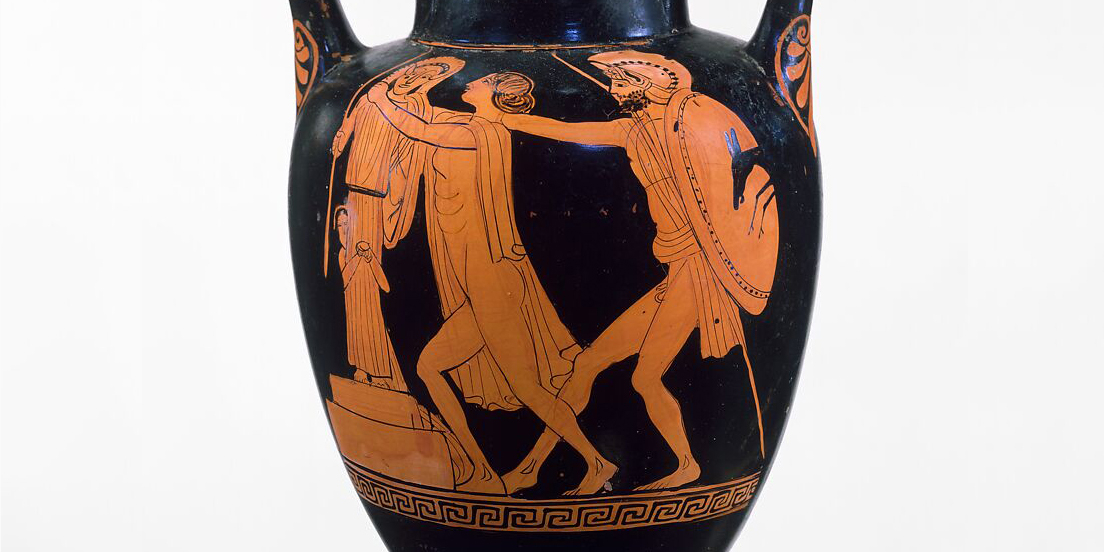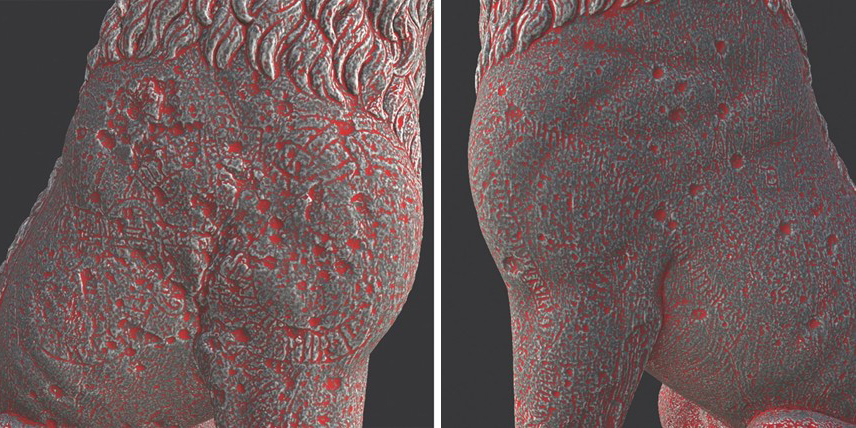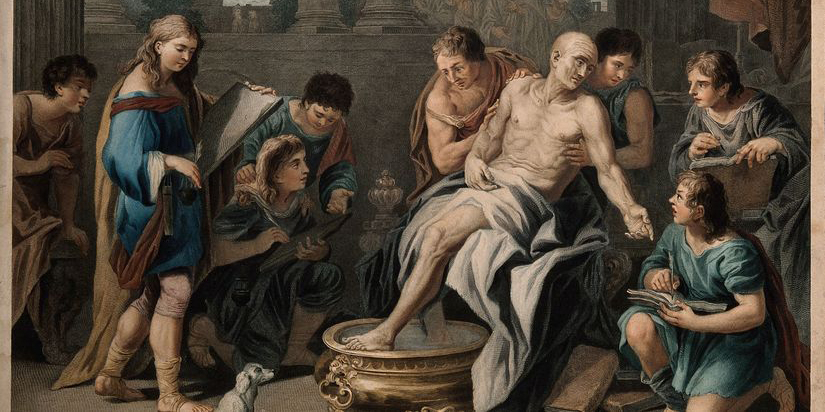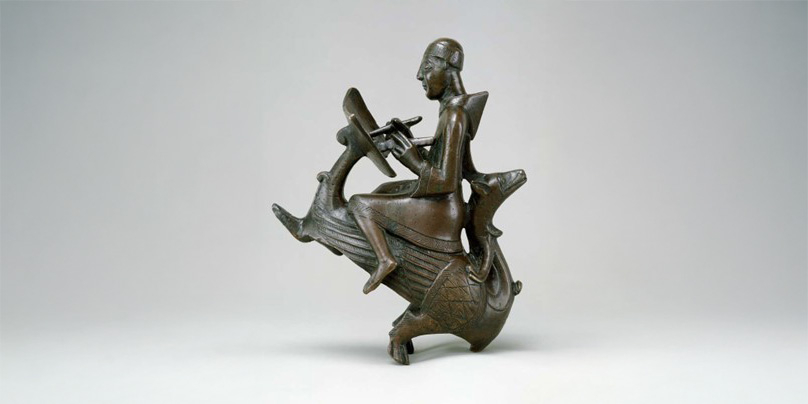Retracing Connections online research dialogue
From narrative to lived spaces: Digenis Akrites in recent research
Δημοσιευμένο: 2024-03-07
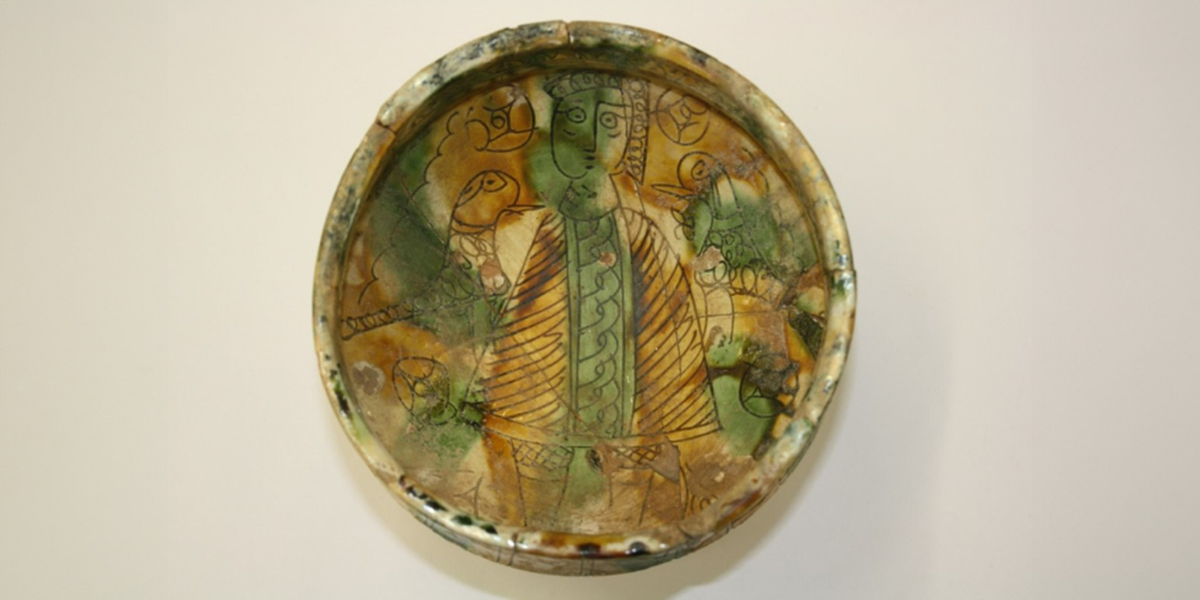
Το Σουηδικό Ινστιτούτο Αθηνών και το Ερευνητικό Πρόγραμμα Retracing Connections σας προσκαλούν στο πρώτο Retracing Connections online research dialogue ανάμεσα στην Μυρτώ Βέικου (Πάτρα) και την Markéta Kulhánková (Πράγα), την Τρίτη 19 Μαρτίου 2024 και ώρα 18:00, διαδικτυακά μέσω Zoom.
From narrative to lived spaces: Digenis Akrites in recent research
Συντονίστρια: Ingela Nilsson (Uppsala).
Περίληψη
Digenis Akrites holds a special place in both Byzantine and modern Greek literature. Previously often seen as a kind of national epic, it is now most often read as a heroic and romantic poem set in the Eastern borderlands of Byzantium. Surviving in different versions, the time and place of the poem’s composition are difficult to determine, but there is a general agreement on a twelfth-century Constantinopolitan context for the writing down of an orally transmitted story.
Recently, Digenis has been re-read in various ways related to space. John Kee drew on narrative theory and geography in his article in Byzantinoslavica (2022) and Myrto Veikou is currently applying a landscape perspective to Digenis in a comparison with the Arab Epic of the Holy Warrior (Dhat al-Himma). At the same time, Markéta Kulhánková, who translated Digenis into Czeck together with Ondřej Cikán (2018), is now finishing her work on a narratological commentary in which narrative space has come to play a significant role.
What is the difference between narrative space and the physical landscape in which the story of Digenis is placed? How are the two related? Why do we care about the narrative space of Digenis? How can a storyworld be understood as a lived space? And why does space even matter? These are questions that will be addressed in a discussion between Myrto Veikou and Markéta Kulhánková, moderated by Ingela Nilsson.

